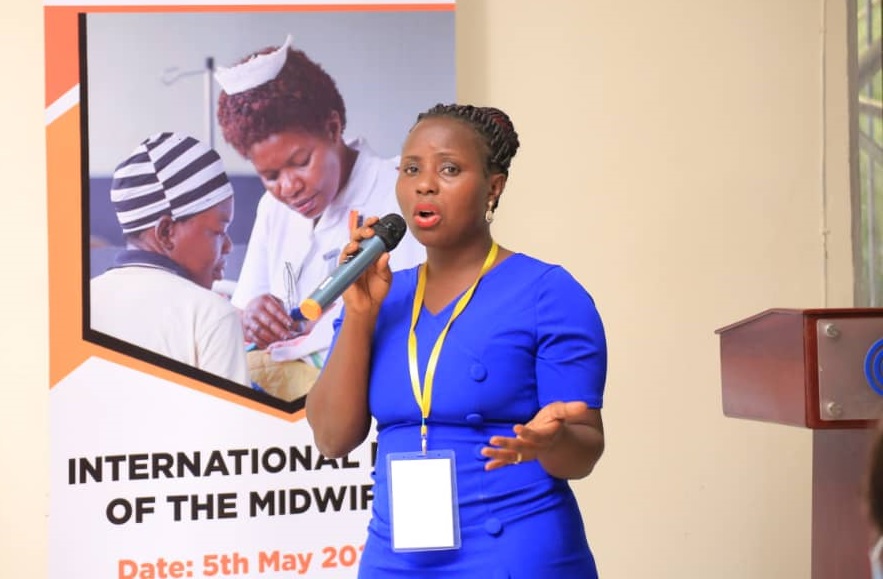While contributing to cervical cancer awareness in January through community sensitization using various social media platforms, lots of questions keep coming in about cervical cancer.
Well, the Human papillomavirus (HPV) is known as the primary cause of cervical cancer. It is a highly contagious infection that is transmitted through unprotected sex or skin-to-skin contact. Over 80% of sexually active women get HPV at some point in their lives, however, with a good immune system, one’s body can fight it off.
There are over 100 types of HPV, but, 2 types 16 and 18 cause 70% of cancers. It’s important to note that the HPV vaccine is almost 100% effective in preventing most HPV infections that may result in pre-cancer and cancer.
The good news here is that cervical cancer is among the most preventable cancers. Besides this cancer being prevented through HPV vaccination, pre-cancerous lesions can easily be detected through screening before they become cancer. In fact, when this screening detects pre-cancerous lesions, these can be treated early enough, and the cancer avoided. Cervical Cancer Screening can also detect cancer at an early stage when treatment has a high potential for cure.
Despite the advances in cervical cancer screening and vaccinations globally, in Uganda, cervical cancer incidence has been rising at the rate of 1.8% per year over a period of 20 years. Available evidence shows that this is due to high prevalence of HPV infection among women, high parity, early initiation of sex for women and high prevalence of Human immunodeficiency virus/Acquired immunodeficiency syndrome (HIV/AIDS).
Despite the increasing incidence and high prevalence of risk factors for cervical cancer in Uganda, research shows that the proportion of women who have ever been screened is low, estimated to be approximately 5–30% of women. Additionally, the uptake of the second dose of HPV vaccination for girls aged 10–14 years is also low at 41% against the target of 80% coverage.
Therefore, the Government of Uganda through the Ministry of Health and in collaboration with other relevant ministries need to intensify the community sensitization approach about cervical cancer detection, prevention and treatment measures, expanding HPV vaccinations countrywide-like in all health centres and schools, in combination with cervical cancer screening. This has the potential to save many lives.
Do you have a story or an opinion to share? Email us on: dailyexpressug@gmail.com Or follow the Daily Express on X Platform or WhatsApp for the latest updates.
The author; Lilian Nuwabaine Luyima is BSc Nurse and MSN-Midwife and Women’s’ Health Specialist

